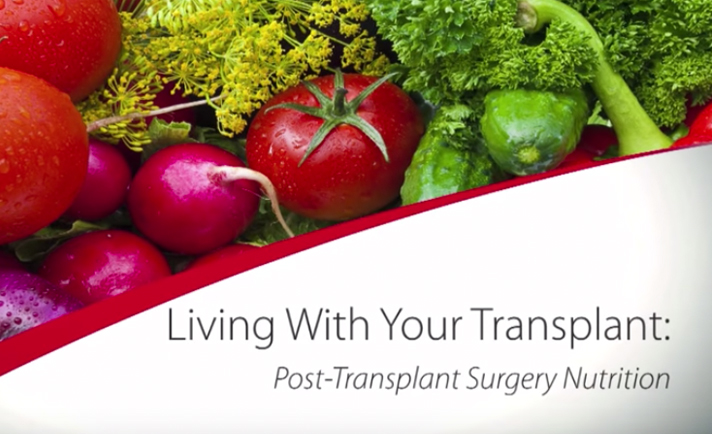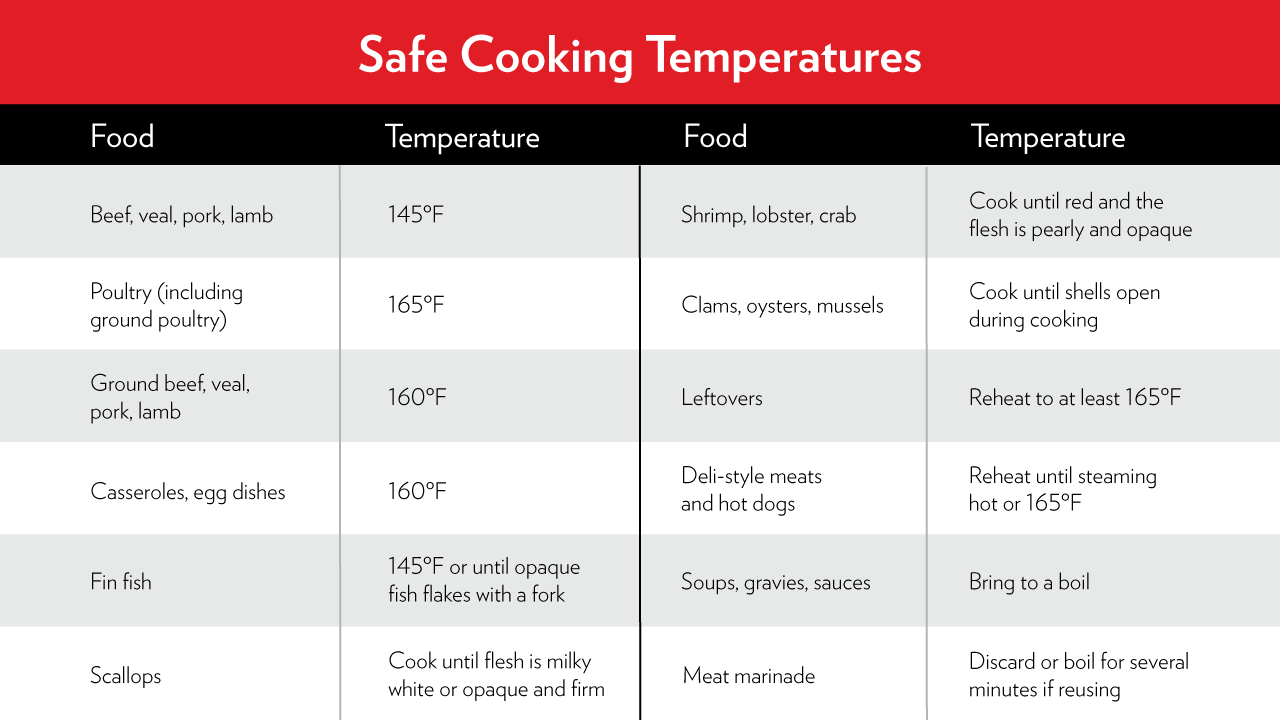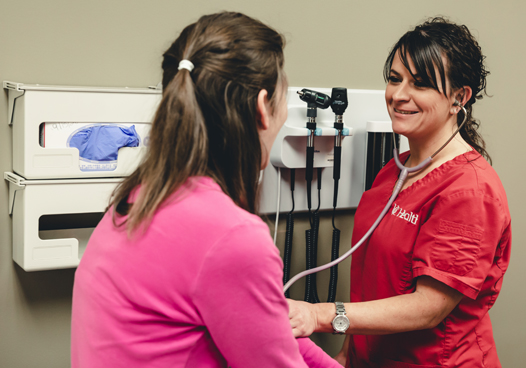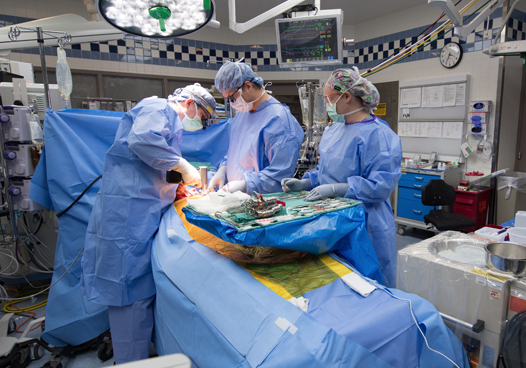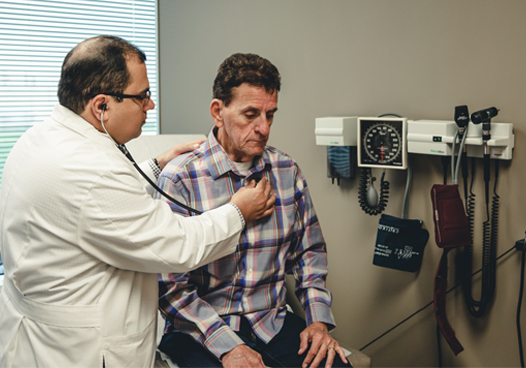Tips for Post-Transplant Nutrition
Eating enough calories and protein can help promote healing. Generally, three meals plus two snacks or four to five small meals per day will provide you enough calories and protein. Avoid skipping meals.
Choose good sources of protein, such as meats, poultry, fish, eggs, nuts and peanut butter, dairy such as milk, cheese, cottage cheese, and yogurt (Greek), beans and lentils, protein drinks/supplements, and protein powder).
After some time (several weeks to months), a generally healthy diet is recommended.
- Use the plate method – make half of your plate fruits/vegetables, a quarter your plate protein and a quarter your plate carbohydrates.
Your blood sugar levels may be high after a transplant. You can help control them through your diet by watching the amount and type of carbohydrates you eat.
- Carbohydrates are found in cereal, bread, rice, fruit, starchy vegetables (potatoes, corn, peas), beans, dairy and sweets.
- Read the food labels of your products and add up the amount of carbohydrates you are consuming at each meal and snack.
- Aim for 45-60 grams of carbohydrates per meal for women and 60-75 grams of carbohydrates per meal for men.
- Aim for 15-30 grams of carbohydrates for snacks.
- If possible, choose whole-grain products such as whole-wheat bread instead of white bread and brown rice instead of white rice.
- Remember to include a good source of protein at every meal/snack to help with blood sugar control.
- Avoid sugary beverages (regular sodas, juice, energy or sports drinks) and foods with high amounts of added sugars (cookies, cakes, candy, ice cream, etc).
Foods and Beverages to Avoid Post-Transplant
- Avoid grapefruit and grapefruit juice as it interacts with your immunosuppression medication.
- Raw, rare or undercooked fish, poultry, pork, beef or eggs.
- Unpasteurized milk or cheese.
- Unpasteurized juices or ciders.
- Fresh sprouts (such as bean sprouts or alfalfa sprouts).
- Food that is spoiled or moldy; food that is past its "use by" date.
- Alcohol (ask your doctor if you can safely drink any alcohol).
Food Safety Guidelines
Follow food safety guidelines to prevent foodborne illness.
Because you are taking immunosuppression medication, you are more susceptible to foodborne illness. However, if you follow these guidelines, your risk of getting sick is lower:
- Wash your hands before cooking/preparing food and before eating. Always wash hands for at least 20 seconds.
- Check expiration dates (“use by” dates) and do not use them beyond the date listed.
- Keep foods at safe temperatures – remember to keep hot food hot and cold food cold.
- Never thaw food at room temperature, such as on the countertop. The best practice is to thaw food in the refrigerator (such as overnight). If this isn’t possible, then thaw food in the microwave and cook immediately.
- Do not eat raw or undercooked meat or fish. Cook all meat and fish to the appropriate temperatures listed here.
